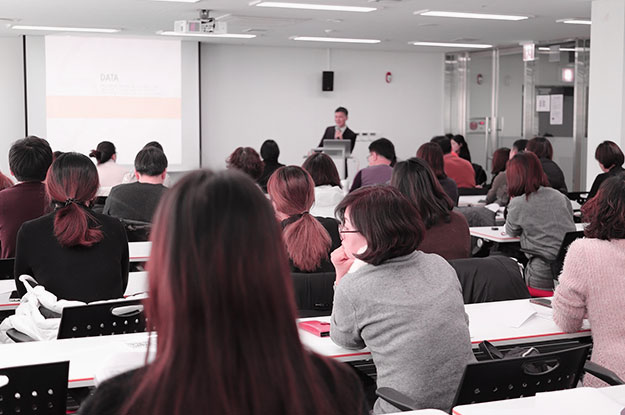Early Detection of Product Defects
FMEA is mainly concerned with possible product defects and their effects on the customer. How often can product defects occur and how likely is it that they will be detected at all? These questions can even be fixed by key figures and have become indispensable in some production areas such as the automotive industry. FMEA is mainly used in the manufacturing process of different branches of industry and is a very extensive and complex task. Therefore, sound knowledge that can be acquired in an FMEA training is indispensable.
Fault prevention
The aim of FMEA is to avoid errors in advance so that there are no subsequent repairs / corrections or, in the worst case, product recalls. FMEA can be used during the entire phase of product development. FMEA is already an important part of the design of a new product. The earlier FMEA is used, the more economical the development phase already is. This includes, for example, a reduction in development cycles or lower costs for corrections.
Complex field of activity
An FMEA training is often not sufficient to go into the depth of the different types of error prevention. One area already focuses on the avoidance of errors in design. Other areas include the production process, for example, although this cannot be the physical production of material goods. In the case of services, FMEA can also be used to avoid errors. An FMEA seminar can also provide an insight into the interaction of systems and highlight possible sources of error. Especially interfaces themselves can be a problem.
FMEA training is also available for special industries such as the development of hardware and software. A specific FMEA seminar for a certain field of expertise focuses on the peculiarities of a certain industry and also allows to find more targeted problems.
FMEA in practice
During FMEA training, not only theoretical applications are discussed, but also practical cases are rehearsed. This is exactly the challenge of FMEA. In FMEA training, participants can first practice how to apply the individual concepts. In the first step, it is important to narrow down the process. This can be limited, for example to the development of a single product. The FMEA training course then teaches methods for structuring a system. This also implies that elements within a production process must be precisely defined. The next step is the actual search for sources of error. It is important to keep the product in focus at all times, even if the errors found may also affect other products. In the FMEA training, you will also practice how to assess the risks of individual error sources. This is important because an FMEA should also generate key figures. An FMEA seminar also teaches how solutions can be found to avoid these risks.
These approaches must in turn be evaluated and the appropriate measures implemented later. Nevertheless, there is always a residual risk and the FMEA training will also practice how to assess these residual risks. During the FMEA training, the participants learn how to arrive at certain key figures and how to deal with them. Only in this way can risks be objectively evaluated and assessed.
Using FMEA software
The use of software to analyze risks is indispensable, especially in complex production processes. The FMEA training teaches the use of suitable tools. This has the advantage that production processes can be monitored continuously. In particular, FMEA software simplifies the collection of figures, which in turn enables important key figures to be generated. FMEA training teaches how to use such tools, but also how they can be used specifically for optimization and error prevention. An important part of FMEA training is that sustainable knowledge is generated from the collected data. Knowledge bases can significantly simplify the development of future products - also with regard to FMEA. Already known problems with similar products can be considered during the development process. An FMEA seminar also teaches how this information can be prepared accordingly and communicated to decision makers in an understandable way. This is also an important part of FMEA, so that the key figures do not remain unused somewhere, but can actually be used to the long-term benefit of the company.
Keeping an eye on objectives
FMEA software helps to keep the goals of FMEA in view. In an FMEA training course, these goals are clearly communicated, which includes first and foremost the achievement of the company's goals. Safety aspects are also relevant and are conveyed in an FMEA training. An important task that FMEA fulfills is the relief in case of product liability. If companies can prove that they have already paid attention to safety during development or production, this can reduce product liability if products are nevertheless found to be defective. Therefore, some industries cannot do without employees who have completed an FMEA seminar. Particularly with regard to safety, it may be necessary to attend repeated and regular FMEA training. This is important because safety standards are constantly changing and must also be taken into account when developing new products. An FMEA training course takes these points, among others, into account. FMEA managers thus take on important tasks within the company, because they indirectly ensure that production runs safely, for example.
